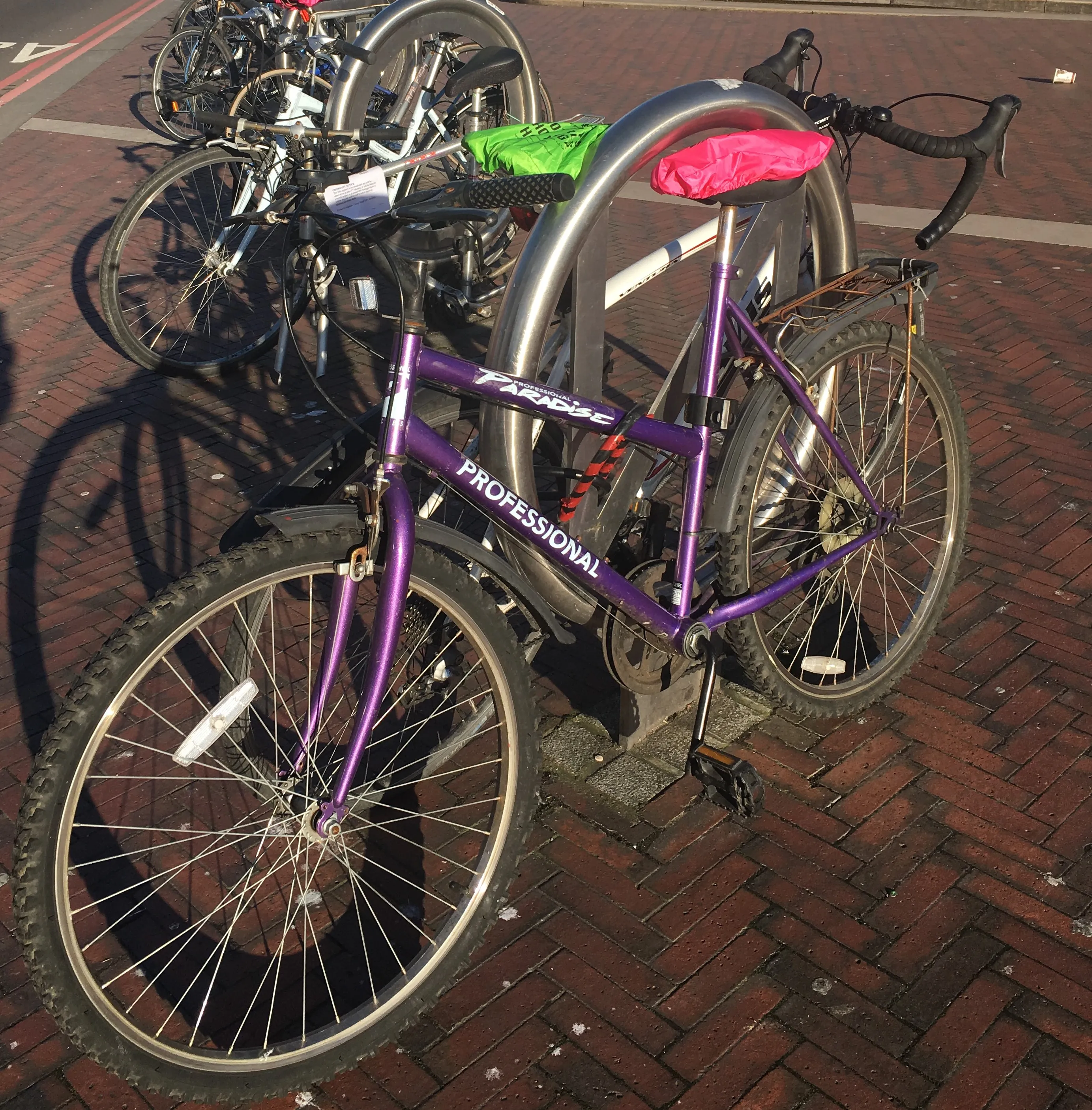China is at a turning point in many ways. The country's continuing economic growth is fuelling a massive increase in vehicle numbers, with no signs of slackening. This is most acute and most visible in major cities such as Beijing and Shanghai, where traffic jams are now a frequent occurrence
February 21, 2012
Read time: 3 mins

China is at a turning point in many ways. The country's continuing economic growth is fuelling a massive increase in vehicle numbers, with no signs of slackening. This is most acute and most visible in major cities such as Beijing and Shanghai, where traffic jams are now a frequent occurrence. One recent Beijing tailback stretched nearly 100km along a major highway and was caused by roadworks at a particularly busy stretch of the road.
The authorities in Beijing are highly aware of the issues and are now preparing themselves to deal with the city's vehicle numbers. Official estimates point a vehicle population of 7 million vehicles by 2015, while Beijing's traffic development research centre believes that maximum vehicle capacity is 6.5 million vehicles. A roadmap for the future has already been drawn by the success of the 2008 Beijing Olympics, which was aided in no small way by traffic reducing measures put in place for the event. This strategy helped cut Beijing's congestion and air pollution levels during the games, with clear lessons having been learned. And the Chinese authorities are increasingly aware of the risks posed by vehicle emissions and the problem of pollution.
One of the criticisms of China by developed nations has been the low priority given to tackling environmental issues arising from industry and transport along with the country's economic growth. However it is now clear that environmental concerns are increasingly on the country's political agenda. The nature of China's Government also means that the authorities will be able to make much tougher decisions on ways to cut both congestion and vehicle pollution and implement them, than the developed nations of the west.
Beijing will be the starting point. At present the city has some 4.5 million vehicles according to official data released by the Government news agency Xinhua. The report says that vehicle numbers jumped from 3 million in early 2007 to 4 million by the end of 2009. Meanwhile the average annual mileage is 15,000km, much higher than in many Western cities and more than 40% of car users say they drive even when their travel distance is just 5km or less. Xinhua says that the average speed is expected to be below 15km/h during peak periods by 2015.
Public transport is seen as a part of the solution however the authorities are also aware that persuading citizens to use this option will pose a major challenge. Congestion charging, tolling and higher vehicle or fuel taxation have been raised as possible measures to help encourage the city's commuters to make greater use of public transport. China's fast take-up of new technologies means that a sophisticated technological solution is likely. Just what solution will be selected remains unclear at this stage but measures taken in Beijing will be a blueprint for China's other major cities.
The authorities in Beijing are highly aware of the issues and are now preparing themselves to deal with the city's vehicle numbers. Official estimates point a vehicle population of 7 million vehicles by 2015, while Beijing's traffic development research centre believes that maximum vehicle capacity is 6.5 million vehicles. A roadmap for the future has already been drawn by the success of the 2008 Beijing Olympics, which was aided in no small way by traffic reducing measures put in place for the event. This strategy helped cut Beijing's congestion and air pollution levels during the games, with clear lessons having been learned. And the Chinese authorities are increasingly aware of the risks posed by vehicle emissions and the problem of pollution.
One of the criticisms of China by developed nations has been the low priority given to tackling environmental issues arising from industry and transport along with the country's economic growth. However it is now clear that environmental concerns are increasingly on the country's political agenda. The nature of China's Government also means that the authorities will be able to make much tougher decisions on ways to cut both congestion and vehicle pollution and implement them, than the developed nations of the west.
Beijing will be the starting point. At present the city has some 4.5 million vehicles according to official data released by the Government news agency Xinhua. The report says that vehicle numbers jumped from 3 million in early 2007 to 4 million by the end of 2009. Meanwhile the average annual mileage is 15,000km, much higher than in many Western cities and more than 40% of car users say they drive even when their travel distance is just 5km or less. Xinhua says that the average speed is expected to be below 15km/h during peak periods by 2015.
Public transport is seen as a part of the solution however the authorities are also aware that persuading citizens to use this option will pose a major challenge. Congestion charging, tolling and higher vehicle or fuel taxation have been raised as possible measures to help encourage the city's commuters to make greater use of public transport. China's fast take-up of new technologies means that a sophisticated technological solution is likely. Just what solution will be selected remains unclear at this stage but measures taken in Beijing will be a blueprint for China's other major cities.







